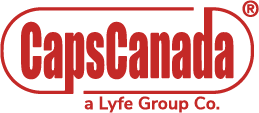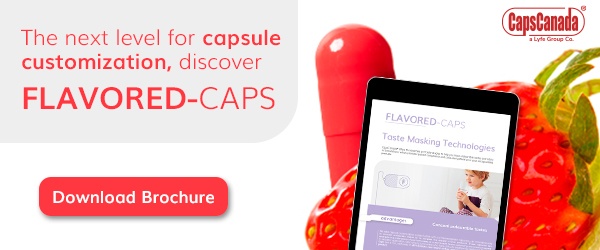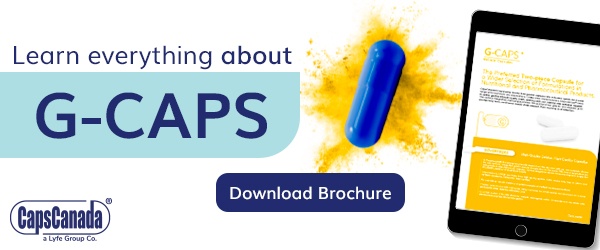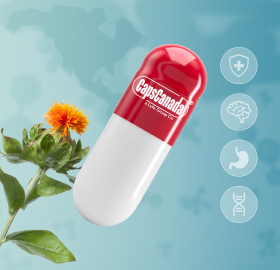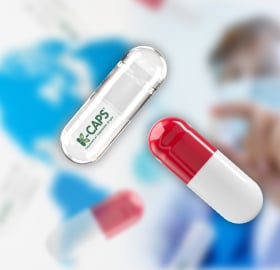2020 brought important changes for everyday habits and behaviors, especially in the consumption of health-related products. People are now focusing even more on their health and well-being, and that includes a new landscape for dietary supplements and vitamins. These are some of the new trends in the industry:
1. Vitamins are being rebranded as part of a wellness / self-care lifestyle.
Vitamins first gained widespread popularity in the U.S. in 1941 as part of the war effort. The idea was to optimize American’s health through nutrition, so that the populace would have the strength to win the war.
More recently, vitamins became the go-to resource for boosting immunity and self-protection during the COVID-19 pandemic, both in the U.S. and around the world.
While it’s been decades since anyone considered taking vitamins to be a patriotic duty, even before the pandemic we had started to see a big shift in the role that vitamins and supplements have in people’s lives. The latest trend has been to associate vitamins with “self-care.” This is all part of a new wellness niche that mixes nutrition, beauty and lifestyle.
Today many people are taking vitamins as part of their overall efforts to make themselves better in some way—stronger, healthier, clearer thinking, more attractive. The pandemic has simply accelerated this movement towards making vitamins an important part of a healthy daily routine and wellness lifestyle.
This association of vitamins with self-care is an interesting rebranding, and one that has played out in a number of ways.
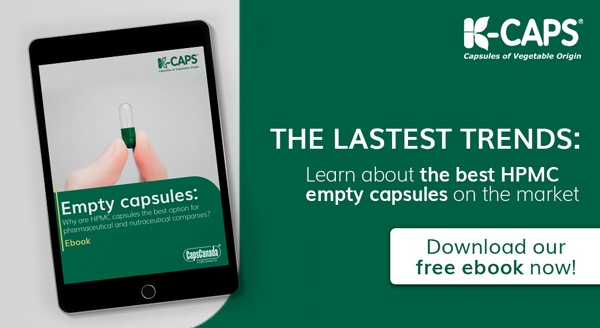
2. Attractive, Instagram-worthy products are appealing to Millennials
One consequence of nutritional supplements becoming a lifestyle product is the rise in the number of brands that are focusing on the visual aesthetic of their products. Instead of just offering “boring-looking” capsules, entrepreneurs and their start-ups are producing attractive products that consumers will see as worthy of social media posts.
These brands are reimagining what supplements should look like. One company, for example, has products that look like tiny beads in a yellow-liquid-filled capsule. Another is selling vitamins in friendly-looking, customized packets.
Needless to say, this shift in aesthetics has greatly increased vitamins’ “cool factor.” Millennials and others are responding by sharing their new vitamin rituals and images of their lovely-looking capsules with their online friends.
3. Consumers are demanding to see COAs
Beyond wanting their supplements to be Instagram-worthy, consumers are also taking a big interest in the raw materials of the products they buy. They’re scrutinizing product labels very carefully. And they’re contacting brands directly to request copies of each ingredient’s Certificate of Analysis (COA). They want to see proof that the raw materials match what is stated on the product label.
4. Personalization, powered by online quizzes and questionnaires, is hot
As consumers make supplements part of their wellness lifestyle, they’re questioning the wisdom of taking generic vitamins and supplements. Their body is unique. Their needs are unique. Chances are, they reason, a generic multi-vitamin is not the best choice for meeting these unique needs.
Brands are responding to this by shifting to a direct-to-consumer e-commerce marketing model so they can give consumers the personalization and customization they’re looking for. Many companies are telling consumers they shouldn’t just guess which vitamins and supplements (and in what quantity) they really need.
“Don’t take a generic multi-vitamin that assumes your needs are the same as your neighbor’s,” they say. “Instead, take our quiz or fill out our questionnaire—and maybe even hand over information about your DNA—and we’ll figure it out for you”.
These brands are selling personalized supplements or customized packs of supplements that purport to support a consumer’s unique wellness priorities, health needs, lifestyle, life stages and more.
Keep learning about capsule technology trends...
- Gelatin capsules vs. HPMC capsules: What are the differences?
- Why Liquid-Filled Hard Capsules May Be a Better Option than Softgels
- Flavored capsules: the next customization level
5. Subscription services are offering extreme convenience
Between e-commerce, one-click ordering and delivery services, today’s consumers are accustomed to instant gratification and seemingly unlimited convenience. Vitamin subscription services are playing to this desire to have the things you want arrive on your doorstep without any effort on your part.
Plus, of course, vitamins and supplements are not meant to be one-time purchases. They’re meant to be consumed daily, on an on-going basis. So it’s no surprise that once consumers have filled out the quizzes and handed over reports about their DNA, they’re going to be fairly committed to making that brand’s products part of their daily routine. Subscription services make it extremely easy to do so…and their growing popularity is proof that consumers appreciate this convenience.
6. Large companies are buying or partnering with the start-ups
As all of the factors we’re discussing here combine to make vitamins and supplements more popular with a broader demographic, Fortune 500 companies are taking notice. For example, in just the past year and a half Bayer has acquired a majority ownership in care/of, Nestle Health Science has acquired Persona Nutrition and Walgreens has partnered with Nature Made to make its nurish brand personalized subscriptions available through Walgreen’s website, too.
In making these acquisitions or partnerships, large companies are not just getting access to a popular market niche. They’re also gaining access to a treasure trove of data. These direct-to-consumer brands don’t just know their customers’ nutritional supplement purchasing habits. Thanks to those quizzes and questionnaires, they also know some of the intimate details of their customers’ health, lives, habits and, often, even their DNA.
With “big data” getting ever bigger, this information in and of itself might be worth the purchase price for some companies.
Conclusion
As a leading manufacturer in the empty capsule market, CapsCanada is here to help you stay on point with these emerging trends. You can count on CapsCanada for highly customizable, top-quality empty capsules; expert formulation assistance; unrivalled technical services; and the ability to support your “clean label” initiatives.

